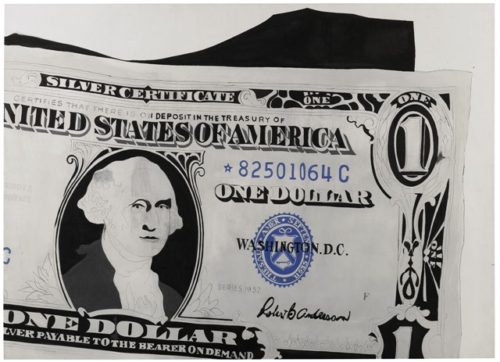
The Big Short begins with a quote from Mark Twain: “It ain’t what you don’t know that gets you into trouble. It’s what you know for sure that just ain’t so.” In the context of the film, the quote serves to chastise financiers who mistakenly believed in the safety of mortgage backed securities. But this truism also applies to those who decry the “big banks,” and more generally the world of financial markets in vague, undirected ways.
Last week, good friend and social justice Renaissance man Josh Leifer penned a piece in this very publication, lamenting the future analysts at this University and their Excel spreadsheets who will one day work at large financial institutions. Among the topics broached in his piece, Josh wrote that it surprised him when “people active in the school’s broader social justice sphere… had chosen to work for the companies that had a part in causing the most significant economic disaster since the Great Depression…” This is an important conversation to have, and a few of those people we thought we might enlighten an alternative perspective on these institutions and the role they play.
In short, the breadth and depth of financial services extends far beyond the scope of the causes of the financial crisis, and to identify a sector that comprises 9 percent of the economy or even any of the companies within that sector as wholly anything is a mistake. For instance, the Financial Products division of AIG sold hundreds of billions of dollars of insurance on the aforementioned mortgage backed securities, creating panic and requiring a federal bailout to the tune of $180 billion. But AIG also employs 65,000 people and provides insurance for families and businesses, giving peace of mind to the former and helping ensure the latter can continue to employ people in bad times. One of the banks in The Big Short, Morgan Stanley, was severely overexposed to these mortgages and insufficiently prepared for a downturn, but also manages billions of dollars of pension funds for working and middle class people across the country to provide a stable and ample retirement. This is to say nothing of the diversity across the entire industry, which includes buyers and sellers, the risky and the risk averse, deregulators and whistleblowers, sociopaths and the socially responsible. Put in even simpler terms, the system is too big and too complicated to characterize in the general, aimless terms that seem so tempting. Indeed, to do so undermines legitimate, actionable criticism and should be beneath those who consider themselves sincere advocates and agents of change.
Interestingly, that Mark Twain quote isn’t real. It’s not in any book, letter, or essay that we know of within his body of work. But it does succeed in evoking a kind of simple, American way, which the movie suggests contradicts the amoral world of financial markets. Michael Lewis begins his book, which formed the basis of the film, with a slightly different quote: “The most difficult subjects can be explained to the most slow-witted man if he has not formed any idea of them already; but the simplest thing cannot be made clear to the most intelligent man if he is firmly persuaded that he knows already, without a shadow of a doubt, what is laid before him.” This excerpt from Leo Tolstoy is wordier, less pointed, and certainly less American than Twain’s simple quip, but nonetheless maintains its spirit. Perhaps, like the differences between the actual quote and Adam McKay’s contrived version, reality is more nuanced and less poetic than ideologues might claim. Perhaps to assault “finance” does just as much damage to the people we’re trying to help as it does to the employees of Morgan Stanley. Regardless of what internship you have this summer, Tolstoy is right. Convictions “beyond a shadow of a doubt” present dangers both to those who believe in them and to those who don’t. The arrogance of financiers who contributed to the crisis caused havoc for hundreds of millions of people, and we should work to make sure that never happens again. But those who characterize finance as a monolith conspiring to do dastardly deeds do a disservice to one billion people across the planet who have escaped poverty in the past twenty years, in large part due to huge swaths of investment enabled by, at least according to Josh, a “predatory economic system.” Advocates for reform must understand the real progress we have seen since the crisis and how we can build upon it. This isn’t meant as a wholesale defense of finance, which would be as misguided as last week’s counterpart. It is, however, an appeal for a more cautious and grounded engagement with a topic that demands more than half-baked polemics.

Leave a Reply